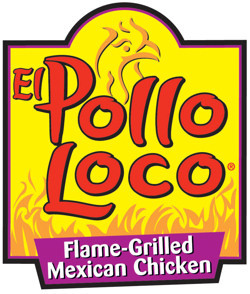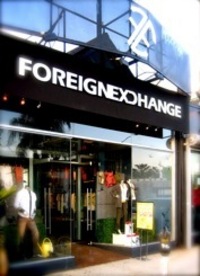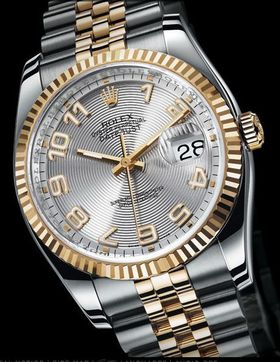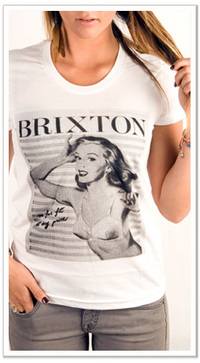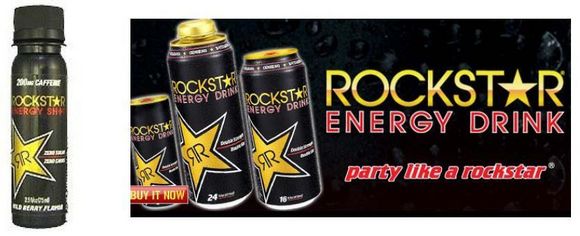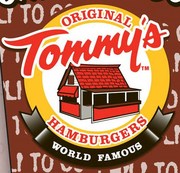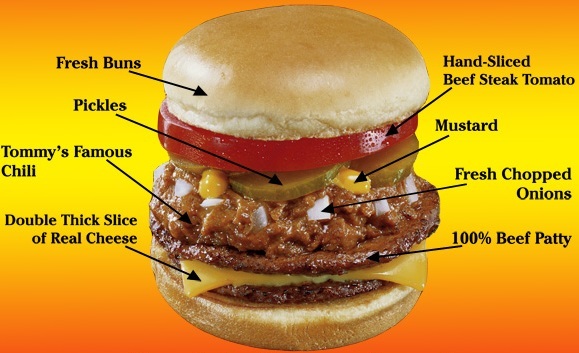 Santa Ana, CA – Budget Blinds, Inc. (“BBI”) sued Kenneth James, owner of Budget Blinds and Shutters, for trademark infringement and unfair competition under the Lanham Act § 43(a). BBI franchises mobile window covering business in the U.S. and Canada and currently has almost 900 franchised businesses operating under the “Budget Blinds” trade name and service mark. BBI has registered its “Budget Blinds” word mark and stylized mark with the USPTO.
Santa Ana, CA – Budget Blinds, Inc. (“BBI”) sued Kenneth James, owner of Budget Blinds and Shutters, for trademark infringement and unfair competition under the Lanham Act § 43(a). BBI franchises mobile window covering business in the U.S. and Canada and currently has almost 900 franchised businesses operating under the “Budget Blinds” trade name and service mark. BBI has registered its “Budget Blinds” word mark and stylized mark with the USPTO.
Defendant operates a home décor and windo covering business that competes with BBI and its franchisees. Defendant uses the “Budget Blind” trade name on its website www.budgetblindsandshutters.com. BBI alleges that it sent a letter to Defendant demanding that it cease and desist any further use of the name “Budget Blinds and Shutters,” but Defendant failed to respond. BBI followed up with a second cease and desist letter, but Defendant allegedly also failed to respond to the second letter. The case is Budget Blinds, Inc. v. Budget Blinds and Shutters et al., SACV 09-0933 AG (C.D. Cal. 2009).
 Los Angeles Intellectual Property Trademark Attorney Blog
Los Angeles Intellectual Property Trademark Attorney Blog


